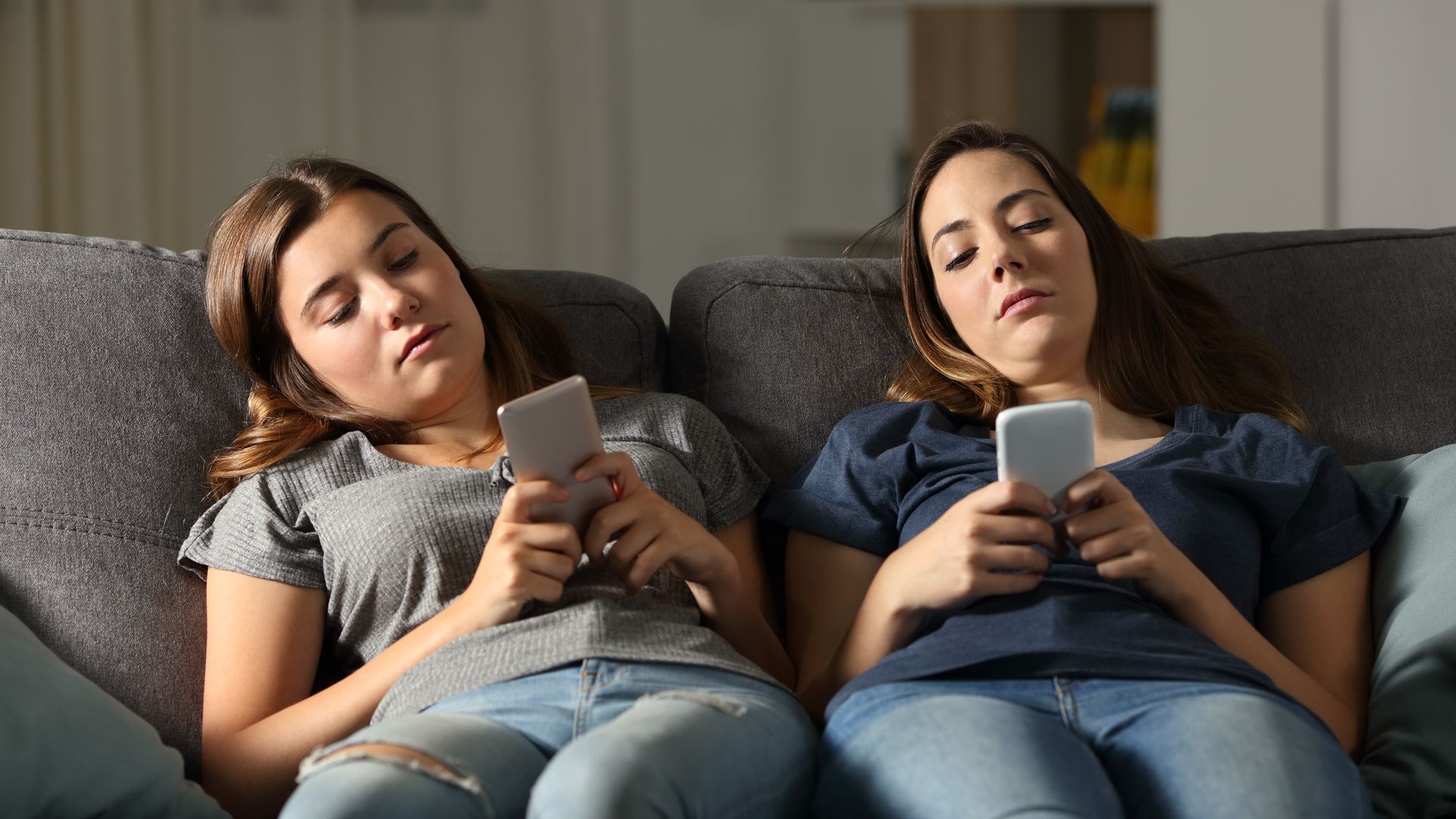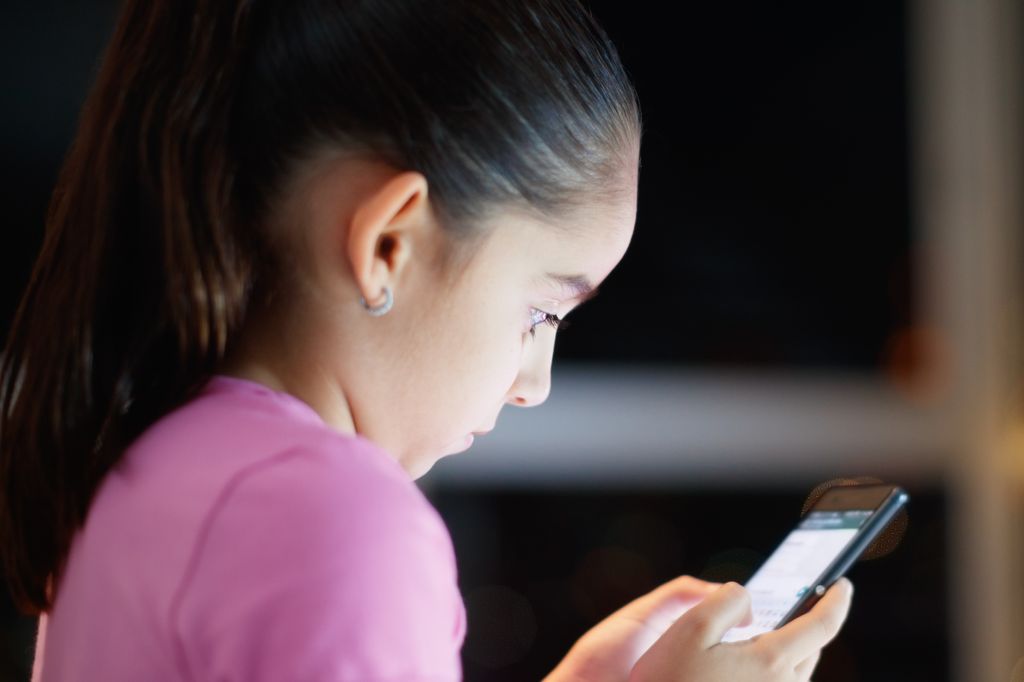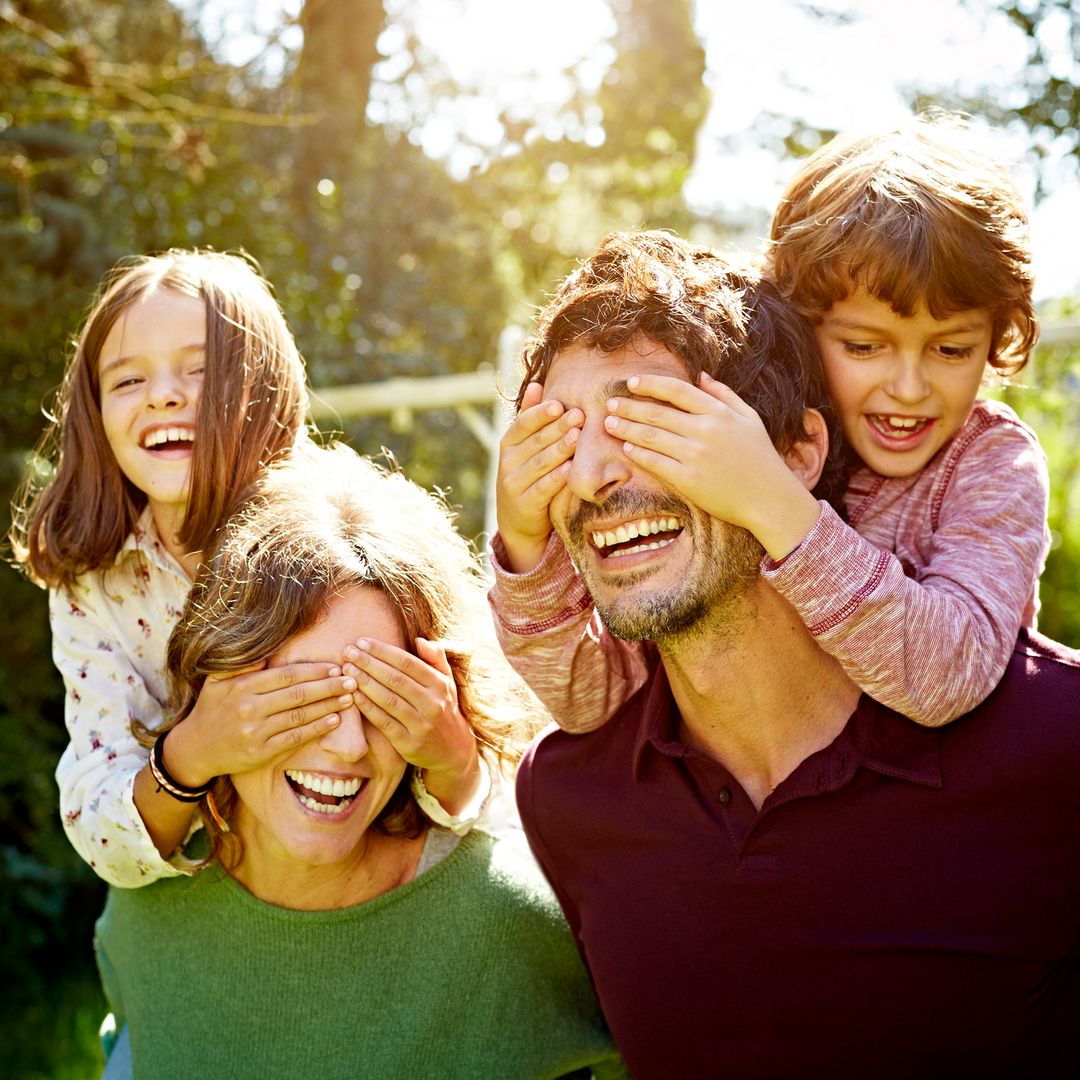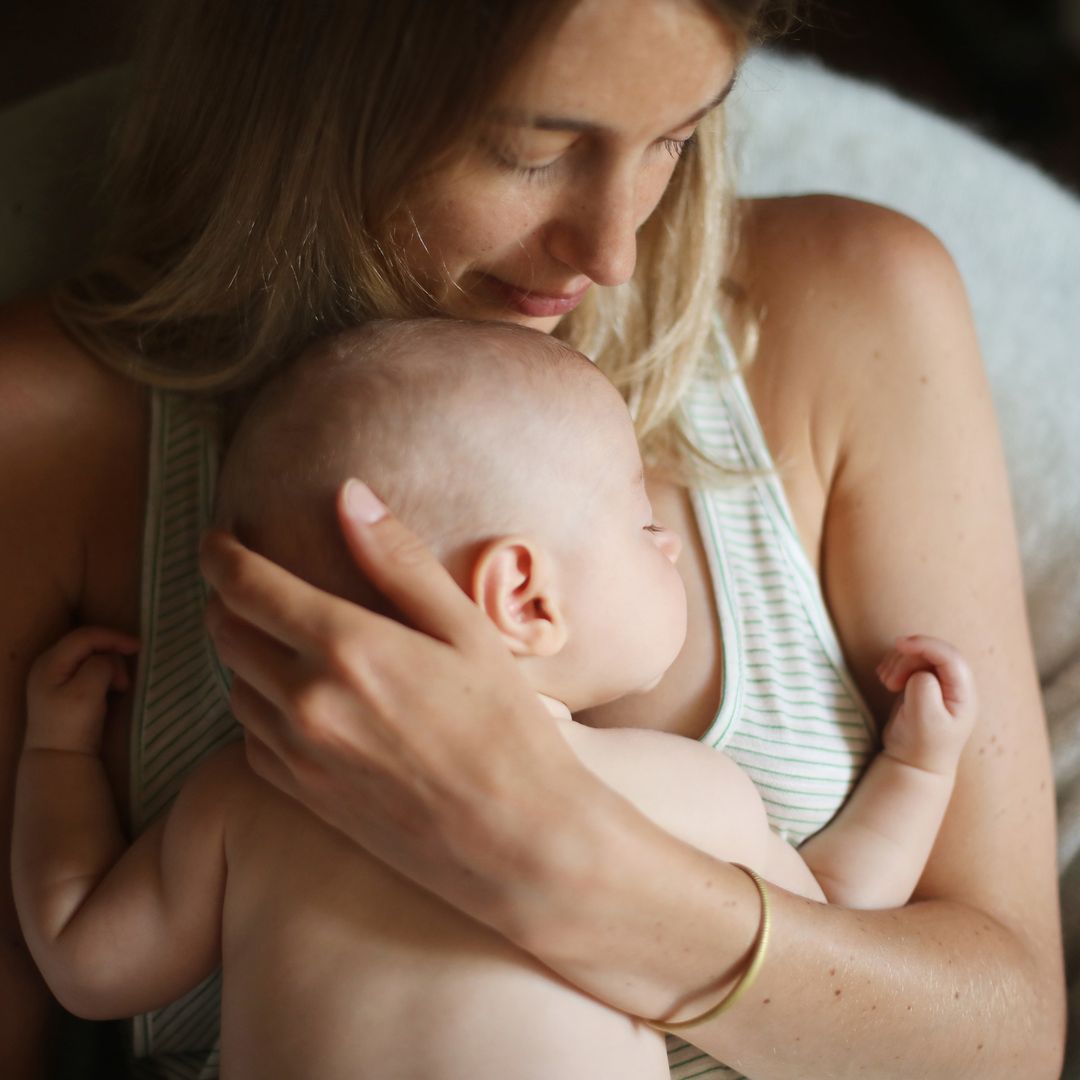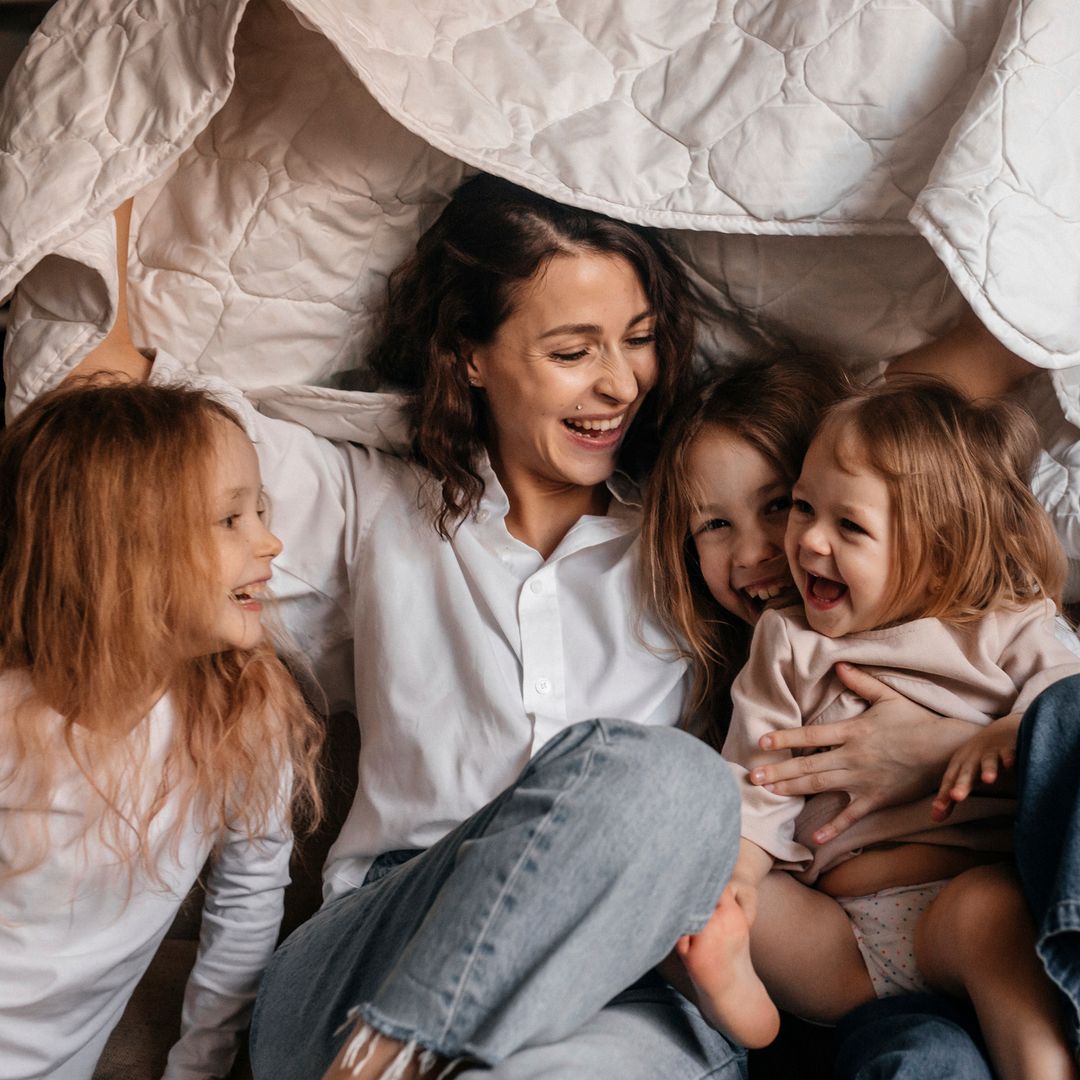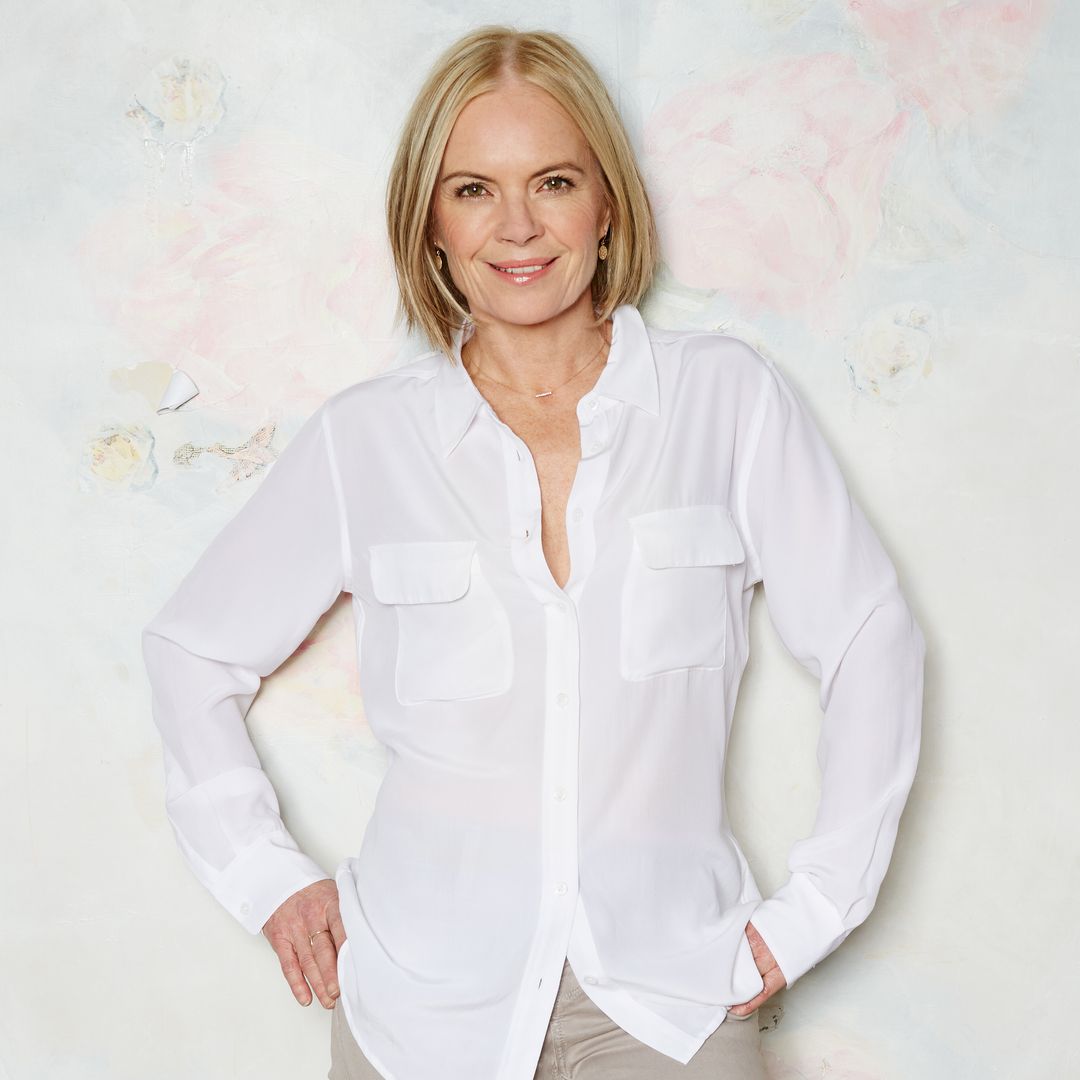Parenting in 2023 can definitely feel overwhelming, as both we and our children try to navigate the world of social media on their various devices.
If you're worried about the content your kids are watching, then you're right to do so, as new research by Dove has revealed that a shocking nine in 10 children are being exposed to toxic beauty content on social media.
As a result, the study found that harmful content is impacting the mental health of one in two kids.
WATCH: Cost of Beauty: A Dove film (Trigger warning - this film contains sensitive content about body appearance that some viewers may find upsetting)
In addition, the Dove Self-Esteem Project found that eight in 10 youth mental health specialists say social media is fueling a mental health crisis, and nine in 10 specialists say exposure to harmful beauty content can lead to physical consequences, like disordered eating or self-harm.
Sadly, over 50 per cent of kids say social media makes them and their peers feel anxious, while eight in 10 parents find the impact of social media on mental health worrying.
These are terrifying statistics.
If the figures have concerned you as they have us at HELLO!, you can sign this petition campaigning to make social media safe by design. The petition is currently at over 40,000 signatures.
The petition states: "Too much of the media and public debate around social media pins the blame on individuals, suggesting it is girls’ - or their parents’ - fault for spending too much time online or watching things they shouldn’t.
"But that misses the point - social media is designed and intended to be addictive. As a result, it is almost impossible to be in control of our online experiences.
"We shouldn’t have to navigate our way to safety online. Instead, social media should be safe by design. Let’s raise this issue up the agenda and make sure that those with the power to change social media take responsibility."
The petition talks of social media's algorithms, which show us the content it thinks we want, regardless of the consequences. "That might be harmful beauty content or images that actively encourage self-harm – if it’s ‘engaging’ it gets pushed into our feeds."
READ: How to help your child recover from an eating disorder: one couple share their story
Dove has teamed up with NGO partners Parenting Mental Health, Global Action Plan, 5Rights, and Girlguiding and singer/songwriter Self Esteem to provide access to mental health resources for young people, and work to make social media safer for kids.
"Over the past decade, as social media has exploded, we have witnessed a youth mental health crisis — rising suicide rates, hospitalisations for self-harm, and depression among children and teens,” explains Sonja Graham, CEO of Global Action Plan.
“Real change requires action from those with the power to make social media safer by design. We are proud to partner with Dove to advance this mission and ensure social media is a safer place for children and young people."
Alessandro Manfredi, Chief Marketing Officer for Dove says: "While certain aspects of social media can promote creativity and connection for young people, data has shown toxic beauty content online is harming our kids’ mental health. If there isn’t real change, young people will continue to pay with their wellbeing.
"We have a responsibility to act and support a more positive environment on social media, helping protect young people’s mental health. This means going beyond individual interventions to drive systemic change."
New research, shared on 11 October, has identified low body confidence as a growing issue with children. The latest research study, The Real State of Beauty: A Global Report, Dove surveyed kids aged 10–17 across 20 countries and found body confidence in kids is being impacted when it comes to their experiences at school, with more than 3 in 5 girls (63%) saying they have not felt confident at school because they don't feel good about the way they look.
1 in 4 girls aged 4-6 years disliking something about their appearance while 1 in 3 girls aged 6 years say they want to look thinner.
Dr Nadia Craddock, Senior Research Fellow at the Centre of Appearance Research at UWE Bristol, has addressed the research findings, stating: "We found that while the majority of young children (aged 4-6 years) we spoke with indicated they were happy with their bodies, a sizeable proportion were not. As many as 1 in 5 children showed signs of low body confidence. This is concerning in such a young age group.
"There is a clear need for engaging and effective body image resources aimed at young children to help nurture a strong foundation in body confidence at this early developmental stage in order to minimise the burden of low body confidence as children grow up.
"Our goal with Blippi's Wonderful Talent show was to encourage children to think about all the awesome things their bodies can do (rather than what they look like) and to celebrate appearance diversity - two important age-appropriate positive body image messages for young children."
The Dove Self-Esteem Project extends its programme to a younger audience of 4+, in partnership with the popular live-action preschool brand, Blippi, because Dove believes that starting this education at a younger age will help to minimise self-esteem and body confidence issues, now and in the future.
If you have been affected by the subject content in this article, please visit beateatingdisorders.org.uk or call 0808 801 0677 for help and advice.
